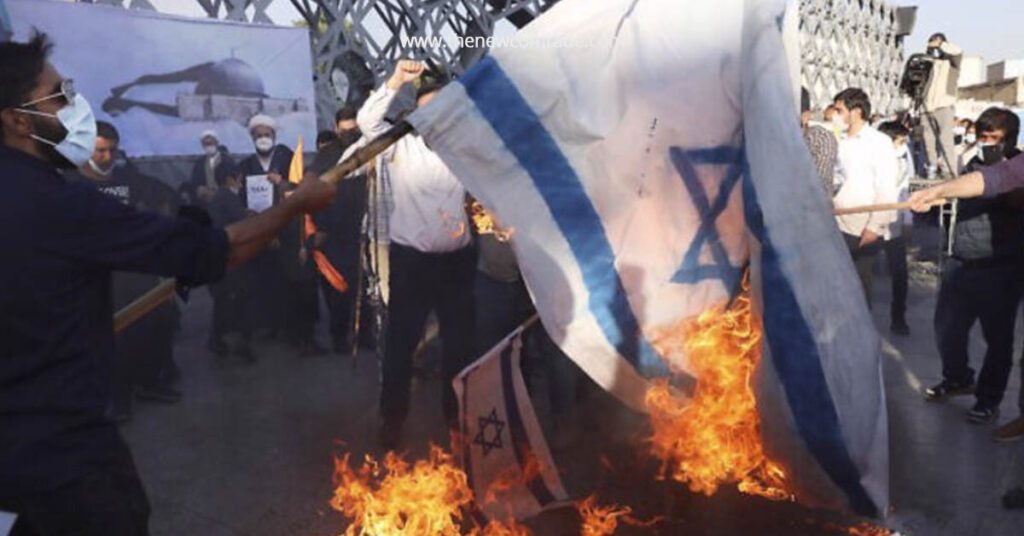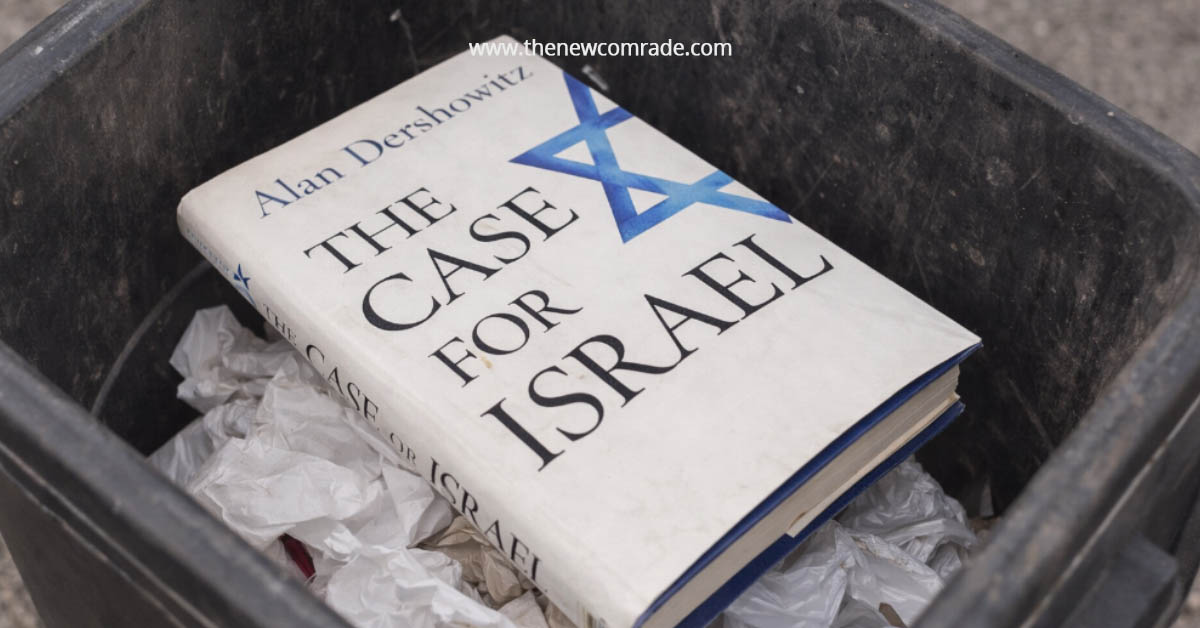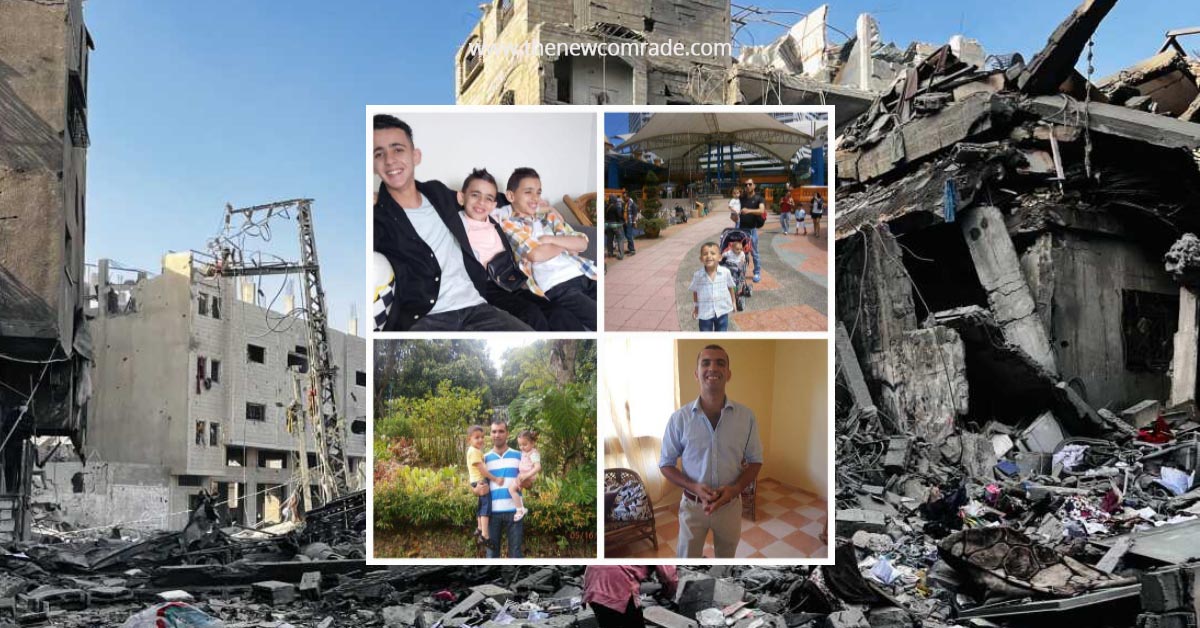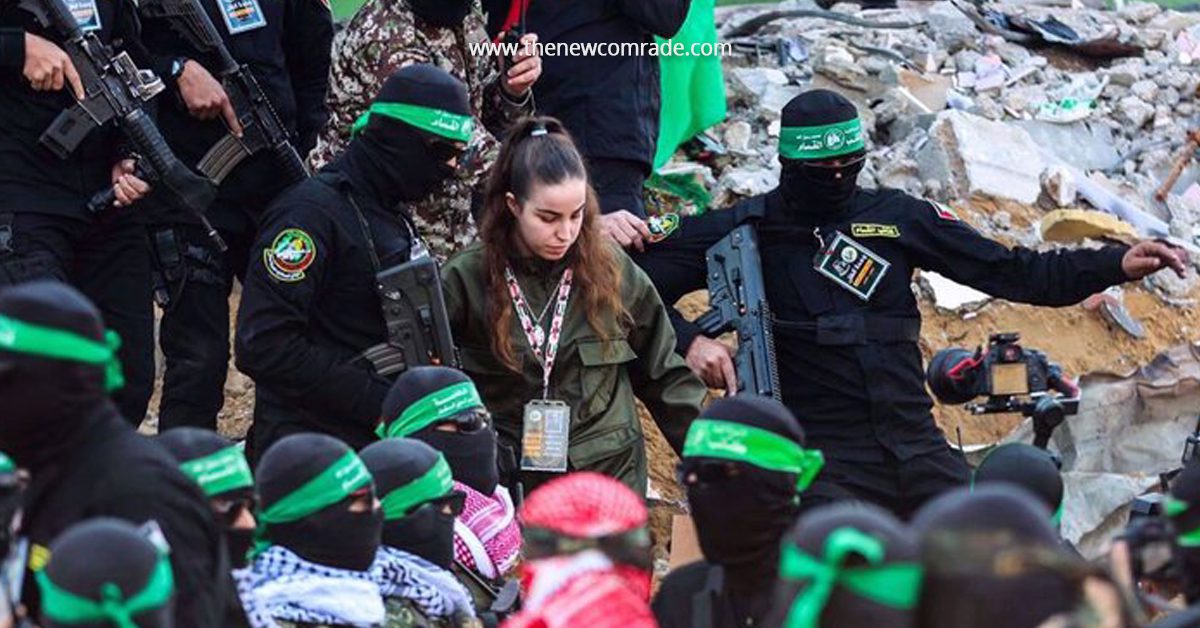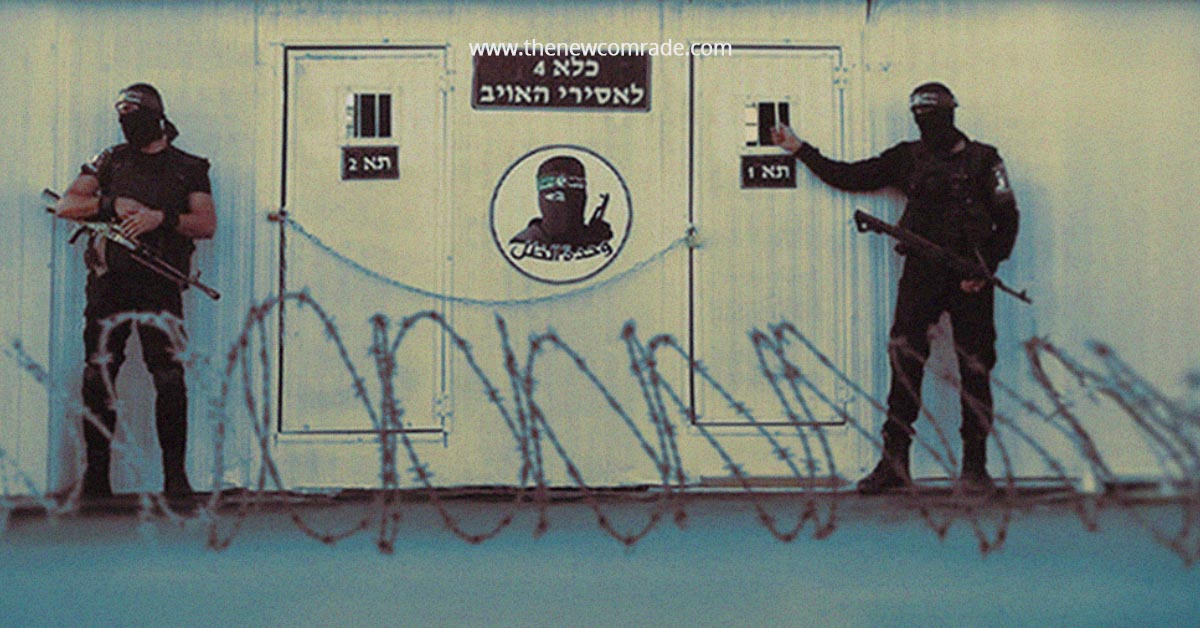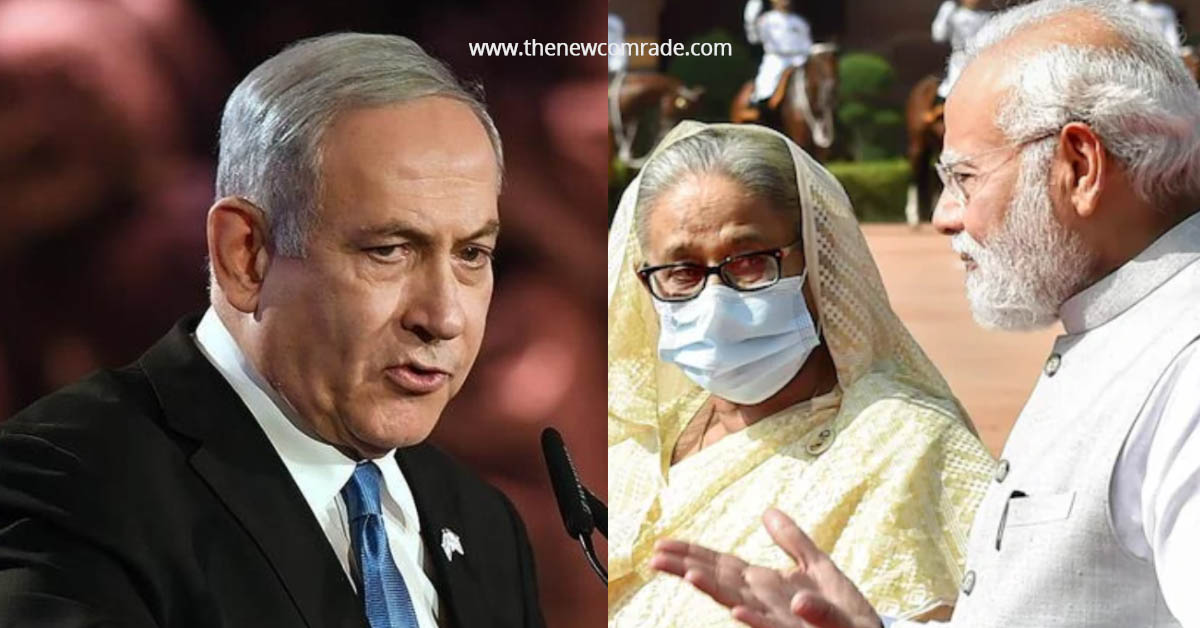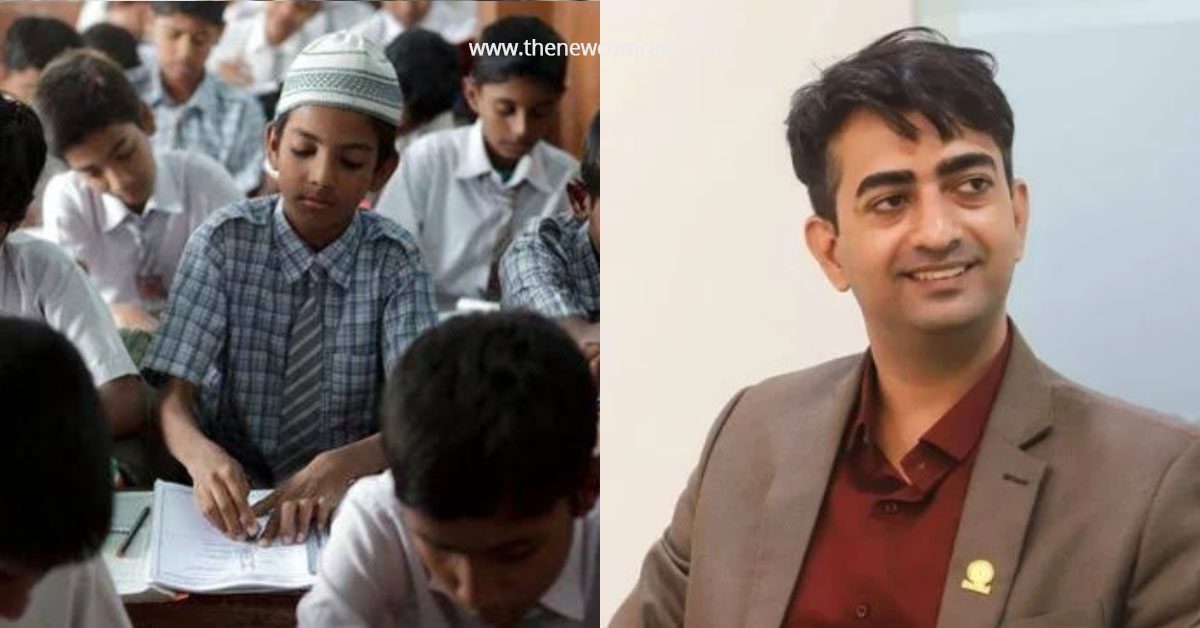After more than a year of relentless attack on Gaza, Occupation’s declared military and political objectives remain largely unmet. What began as a high-profile campaign to eliminate Hamas and secure the release of Zionist hostages has instead evolved into one of the most controversial and costly wars in the nation’s history.
The offensive has drawn unprecedented global condemnation, fractured occupation enemy’s internal political landscape, and weakened its diplomatic standing.
Below are ten clear indicators reflecting the Zionist entity’s deep strategic, political, and moral failures in this war.
1. Hostage Negotiations Mirror Hamas’ Original Demand
On October 8, a day after the attacks, Hamas publicly offered to exchange all Zionist ostages for Palestinian prisoners held in Zionist entity jails—one of its main motives for the October 7 operation. Months later, despite enormous military escalation, the occupation enemy finds itself agreeing to that very condition. The current cease-fire and prisoner-exchange framework reflect not victory but reluctant compliance with Hamas’s initial terms.
2. Hamas’ Control Over Negotiations
Hamas leader Yahya Sinwar had declared that the occupation enemy would not retrieve any captives without Hamas’s approval. This prediction has materialized fully. The group maintains decisive control over hostage releases, dictating the pace and conditions of every negotiation. For the occupation enemy—once seen as possessing unmatched intelligence and leverage—this is a profound reversal of power. Hamas has effectively emerged as the principal representative of the Palestinian struggle. Its sustained resistance and negotiating leverage have positioned it at the forefront of regional politics. Even U.S. leadership, once strictly opposed to direct contact, has engaged in indirect discussions—signaling Hamas’s undeniable role in shaping the path forward for Palestine.
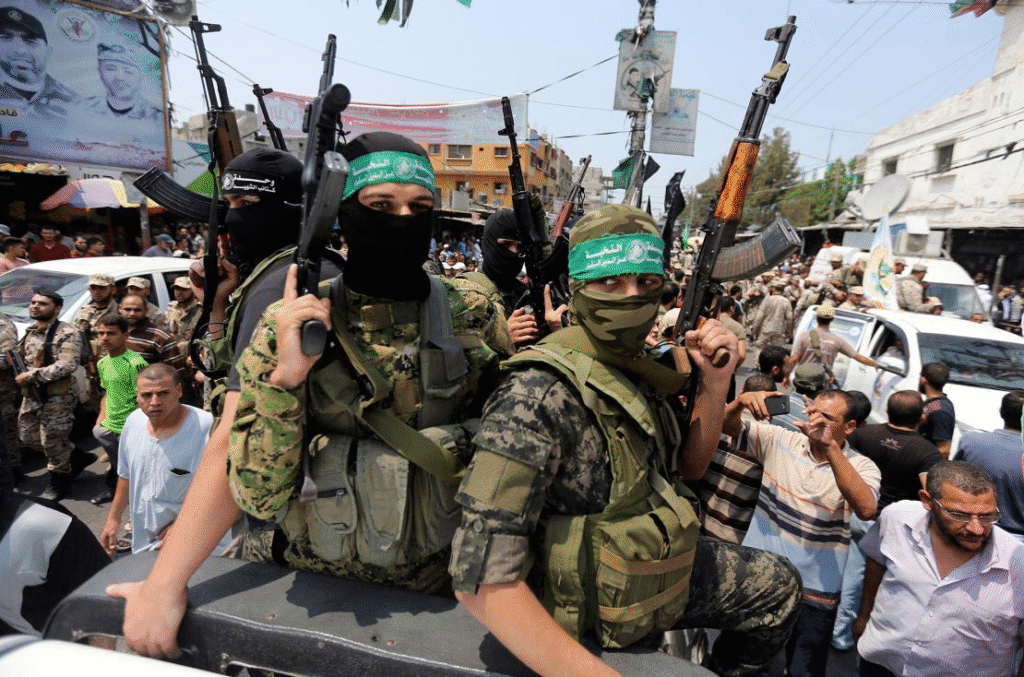
3. Unmet Political and Military Objectives
The occupation enemy’s two central goals were to dismantle Hamas’s military structure and to free all hostages. After months of airstrikes, ground incursions, and immense human suffering — including the loss of thousands of Zionist soldiers and large-scale assaults that have killed tens of thousands of Palestinians, among them many children — neither of the occupation enemy’s stated goals has been achieved.
The campaign that was meant to demonstrate power has instead exposed strategic exhaustion. The occupation enemy’s earlier plan to surround Gaza City and recover hostages through mass evacuations ended in failure. Now, in the latest cease-fire negotiations, Hamas has brought hostages from areas like Khan Younis — territories that the occupation enemy had previously declared “cleared” and devastated.
So after all these months of destruction and sacrifice, what did the occupation enemy actually gain? Nothing that resembles victory.
4. Global Public-Opinion Backlash
From London and Paris to New York and Jakarta, millions have taken to the streets demanding an end to the Gaza Genocide.
Public sentiment has shifted dramatically, with social movements, university campuses, and prominent cultural figures uniting under the call for Palestinian freedom. “Free Palestine” has become not just a slogan but a global moral statement, overshadowing the occupation enemy’s narrative in almost every major forum.

5. Diplomatic Isolation at the United Nations and Beyond
At the UN, the occupation enemy now stands with fewer allies than ever before. The majority of member states—including several that once remained neutral—have voted for resolutions condemning its actions in Gaza.
The fallout has extended to the economic arena: international brands, investors, and even long-term trade partners have distanced themselves. This economic isolation marks a growing and potentially irreversible loss for the Zionist entity’s international reputation.
6. Legal and Travel Constraints on Leadership
Prime Minister Benjamin Netanyahu faces intensified scrutiny from the International Criminal Court and global human-rights bodies. Although formal warrants remain under judicial review, the legal pressure has made international travel politically sensitive. Leaders once welcomed on global stages now face protests and diplomatic cold shoulders, signaling the erosion of the Zionist entity’s once-formidable political immunity.
7. Domestic Disapproval and Political Fracture
Inside the Zionist entity, discontent runs deep. Families of hostages, opposition groups, and even sections of the military openly question the government’s decisions. Netanyahu’s approval ratings have plummeted, and public protests continue weekly. The growing divide between citizens and leadership underscores how the war has backfired domestically—creating not unity but widespread fatigue and anger.

8. Strained Regional Diplomacy
The conflict has halted normalization talks with several states, which had been moving cautiously toward engagement.
Instead of expanding diplomatic influence, the occupation enemy now faces renewed hostility and suspicion across the world. Regional partners are forced by domestic pressure to distance themselves from the Zionist entity, undoing years of behind-the-scenes diplomacy.
9. Questioned Military and Intelligence Credibility
The war has exposed surprising weaknesses in the Zionist entity’s famed military and intelligence institutions. Analysts highlight repeated failures in coordination, unexpected resistance from Hamas forces, and an inability to secure long-term control of key territories.
Despite possessing some of the most advanced weapons systems in the world, the occupation enemy has struggled to achieve its strategic objectives—raising questions about its military doctrine and preparedness.
10. Escalating International Legal and Humanitarian Scrutiny
The devastation in Gaza—documented by UN agencies and humanitarian organizations—has triggered global alarm over proportionality, civilian protection, and international law. Calls for independent investigations into alleged war crimes continue to grow, while major human-rights groups demand accountability.6
This persistent scrutiny will likely shape the Zionist entity’s diplomatic and moral standing for years to come.
The occupation enemy entered this war aiming for decisive victory and restored deterrence. It now emerges diplomatically isolated, economically weakened, and internally divided. The humanitarian catastrophe in Gaza has mobilized a new generation of global activism and reshaped public discourse on justice, occupation, and human rights.
Rather than eliminating its adversary, the occupation enemy has fueled a worldwide demand for accountability—an outcome that may prove to be its most enduring strategic defeat.
